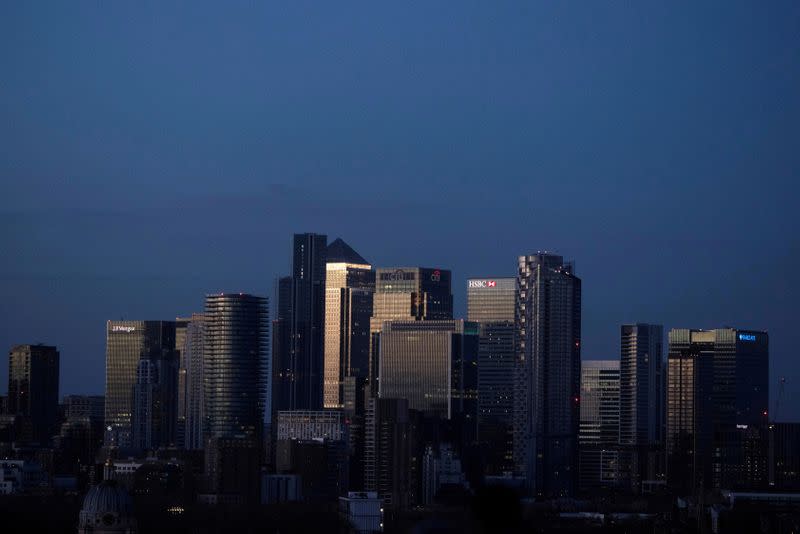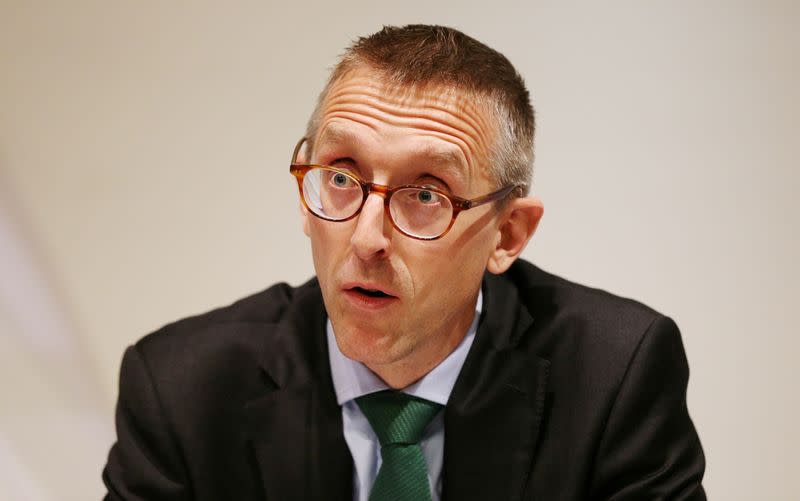BoE sees no evidence yet to support climate capital charges on banks
By Huw Jones
LONDON (Reuters) -The Bank of England (BoE) does not have evidence yet to force banks to hold more capital to cover risks from climate change, its Deputy Governor Sam Woods said on Thursday.
The BoE is for the first time stress testing how banks and insurers would cope with meeting the United Kingdom's net zero climate goals at different speeds, but the results won't affect capital requirements, unlike its routine stress test.
"We do not currently have the evidence base to directly include say certain types of mortgages that should carry a higher risk weight because of their climate risk, we just don't have that," Woods told a London Climate Action Week event.
Over time he expects the price banks charge polluting industries for loans will go up to reflect the risks from climate change, Woods said.
"When we look around today we try and find evidence of those risks being factored into prices of various kinds in financial markets, we can't see much," Woods said.
Banks have faced protests over their financing of polluting industries such as mining, but Woods said it would be "overreach" for the BoE to penalise the flow of finance towards carbon heavy industry.
"What we can do ... is say to the firms that we regulate that first of all you need to have an understanding of what your exposures look like in this respect," Woods said.
"In light of that, how can you demonstrate to us that you are appropriately capitalised for those risks and that you are on top of it," he added.
(Reporting by Huw JonesEditing by David Goodman and Mark Potter)

 Yahoo Finance
Yahoo Finance 


